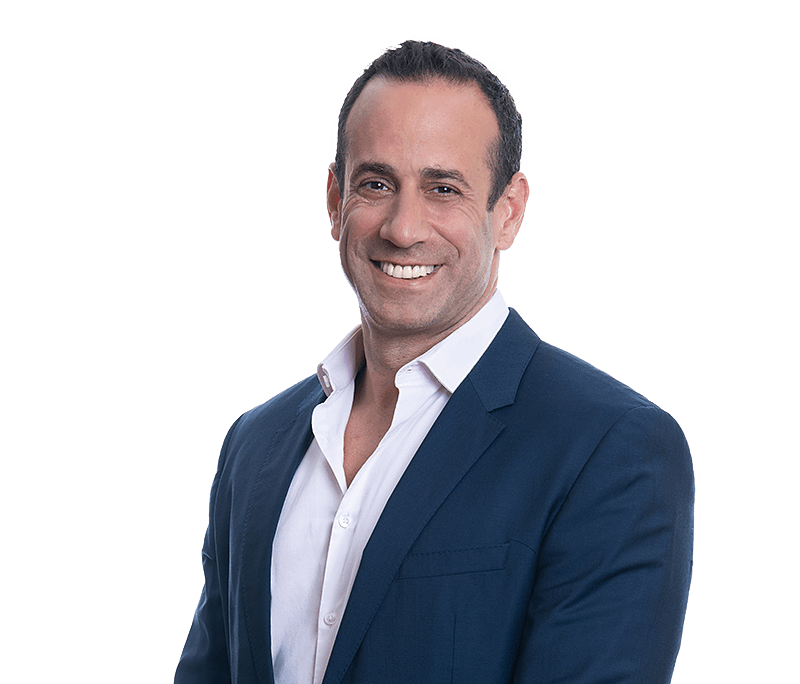In what ways has your business been impacted by the Covid-19 pandemic? Has the pandemic led to any innovations in your working practices?
The recent limitations created by the global COVID-19 crisis required some innovative thinking in order to maintain and nourish contacts with clients and potential clients. Our partners have held several professional webinars that attracted over 200 participants from more than 150 large corporations, webinars that have helped to create business opportunities for our clients. With the technology firmly in place, we have successfully continued to provide a seamless client service, even during periods when the majority of our staff were working from home.
How do you expect the Abraham Accords Peace Agreement between Israel and the UAE to impact your practice?
Herzog Fox & Neeman has been working with the UAE for over 15 years and has discreetly forged strong relations with key members of government, members of the ruling families, and senior officials in the investing and trading arms of the UAE. The recent Abraham Accords Peace Agreement is hugely welcome but no surprise to us. We see huge potential in both inbound investment into Israel but also Israelis looking to invest and do business in the UAE and using the UAE as bridge into the wider Gulf.
The Agreement is a huge opportunity to change and upgrade the civil commercial dealings between Israel, the UAE, one of the most developed economies not just in the region but the world, as well as the Kingdom of Bahrain. One of the impacts on our practice will concern funds. In the UAE, there are huge funds maintained by the government which are sovereign in reaching their decisions. Until now, they have been prevented from investing in Israel, but now that an agreement will be signed, the funds will have an opportunity to invest in Israeli entities. I see this as a huge opportunity for Israeli companies. We are talking about enormous funds, who invest outside of the Emirates.
Israel is seen globally as a hub of technology and innovation. What makes the jurisdiction so strong in this area?
At its core, Israel is a young, entrepreneurial nation. An influx of skilled and talented immigrants and the exposure to innovative technological and intelligence solutions through compulsory military service has created the perfect mix. Second to Silicon Valley, Israel is the home to a burgeoning emerging company and venture capital ecosystem. Israeli technology companies in all areas (cyber, fintech, agritech, gaming and homeland security, to name a few) are targets for investment and acquisition by investors and companies around the world.
Can you tell us how you are implementing legaltech innovation for the benefit of clients?
The need to deliver efficient, quality legal services within a client’s budget is a challenge for law firms across the globe. We regularly test and look to implement innovative solutions to deliver services to our clients. The legaltech industry is still, to some extent, in its infancy but as you would expect of the leading law firm in the Start-Up Nation, we are constantly on the lookout for the right solutions to make our work more efficient for our clients.
How far has Chinese investment impacted the Israeli market in recent years?
Several years ago, we saw the first steps for Chinese investment in the Israeli market. Several large deals were executed at the time, such as the acquisition by a Chinese State-Owned Enterprise, Bright Food, of our client, Tnuva, Israel’s largest food company.
As a pioneer in the field, we also have significant experience representing China based clients in inbound transactions from China and jurisdictions into Israel, in the areas of hi-tech, consumer electronics, semiconductors, life sciences and biotech. The firm continues to work with Hutchison Whampoa Limited, HSBC, SingTel, Exim Bank of China, Horizons Ventures Ltd. (the investment arm of Li Ka Shing), as well as various other leading regional and global institutions.
Whilst Chinese companies remain actively involved in infrastructure projects in Israel, due to changes in Chinese regulation we have seen less investment transactions over the last 24 months.
What is your approach to building relationships with international firms?
Since the formation of our firm, our most important asset has been our relationship with foreign law firms. I fulfill the role of our International Relationships Partner, focused on developing and ever deepening our relationships with leading law firms around the world. We sought to build our firm with a wide array of specialist practice areas, emulating the structure of leading foreign firms, to allow us to provide them (and their clients) with the level of service and specialization that they would expect. The size of our outbound practice allows us to maintain these relationships on a two-way basis rather than being solely reliant on the friendship and co-operation with these firms to refer matters to us.
What would you single out as the key distinguishments of your firm?
The organic growth of our firm, where the large majority of partners have spent most (if not all) of their career at Herzog, has allowed us to develop a close, collaborative approach amongst partners and lawyers at the firm. The strength of these internal relationships allows us to staff the right lawyers on the right matters for the benefit of our clients. This strong core has also allowed us to develop top-notch working practices based on an atmosphere of mutual trust and respect and maintain the unique DNA of Herzog, always one of our top priorities.
